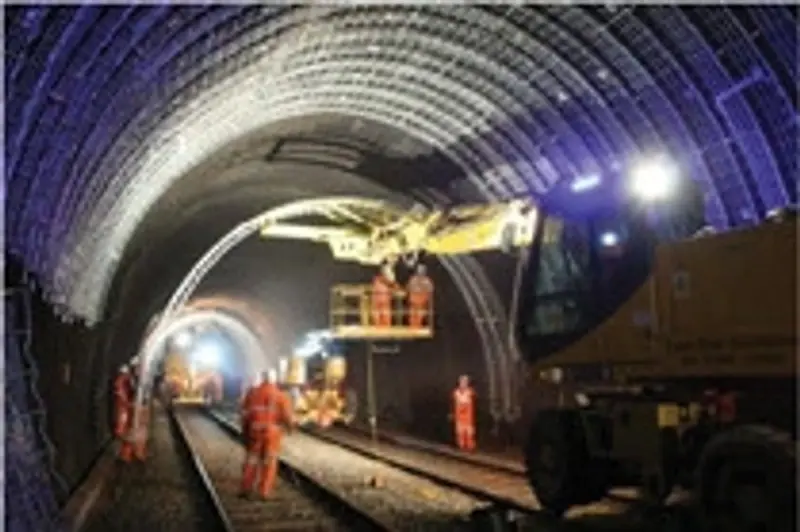
- Rail infrastructure division disappoints
- Delays to National Rail spending blamed
- Analysts cut full-year forecasts by 9%
In an unscheduled trading update ahead of its AGM on Monday 27 January, infrastructure and engineering services group Renew Holdings (RNWH:AIM) revealed full-year trading would be below expectations due to ‘challenges’ in its rail division.
The shares, which have been steady performers, increasing more than 10-fold since the firm came to market in 2014, fell as much as 228p or 25% to 681p before stabilising at 695p for a loss of 23% by mid-morning.
BELOW FORECASTS
In its final results for the year to September 2024, released in late November, the firm had already signalled the slow start to CP7 (control period 7), which is National Rail’s £45 billion programme of spending on mainline railway infrastructure from April 2024 to March 2029.
Today, the firm advised activity was still lower than expected meaning trading in its rail subsidiary was below management expectations.
It went on to say: ‘Given the ongoing challenges with delay and deferment in our rail activities and more recent uncertainty over timing of the commencement of a number of renewals programmes, the board anticipates full year trading will be below market expectations albeit adjusted operating profit is still expected to be ahead of prior year (2024: £70.9 million).’
However, having operated in the rail sector through previous control period transitions management believes the situation will normalise as it moves through the cycle.
Renew, which describes itself as a ‘high-quality, value-accretive compounder’ in its annual report and generated more than £1 billion of revenue last year, is the largest provider of maintenance and renewals services to Network Rail nationally and the third-largest supplier overall.
ANALYST VIEW
Shore Capital’s Tom Fraine and Akhil Patel lowered their operating profit forecasts for the year to September 2025 by 9% and said they expected the consensus to come down by a similar amount.
The analysts added: ‘The company had previously mentioned that activity in rail could be slow early in FY25 and slow activity has been widely reported. We had expected a strong second-half weighting but it is now unclear as to when activity from renewal programmes in rail will pick up.’




